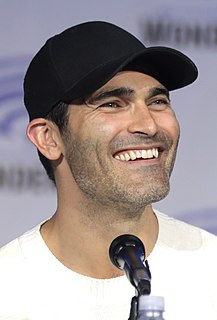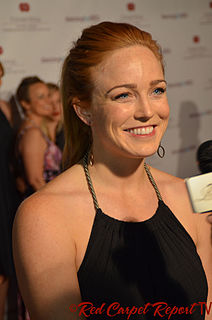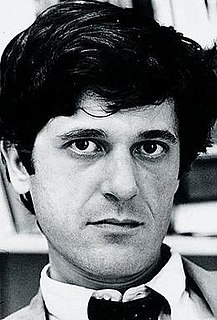A Quote by George Mikes
If somebody tells you an obviously untrue story, on the Continent you would remark, "You are a liar, Sir, and a rather dirty one at that." In England you just say "Oh, is that so?" Or "That's rather an unusual story, isn't it?
Related Quotes
I sometimes say that I don't make anything up - obviously that's not true. But I am uninterested in writers who say that everything comes out of the imagination. I would rather be in a room with someone who is telling the story of his life, which may be exaggerated and even have lies in it, but I want to hear the true story, essentially.
I love sitting down with my friends at dinner and actually telling them a story, as opposed to going, "Hey, did you see that thing I posted on Instagram?" For me, I would so much rather sit there and actually share a story with somebody and have somebody tell me about their trip, or things like that. I don't need to see it.
You didn't plan to write a story; it just happened. Well, it could be argued that the next thing you should do is find a hole to dig. Right? So you start digging a hole and then somebody brings a body along and puts it in. That's what a story must feel like to me. It's not that you say, "I want to write a story about a gravedigger." But you're walking along and "I don't know what I'm doing here in this story,' and - boop! a shovel. "Oh, interesting. Ok, what does one do with a shovel? Digs a hole. Why? I don't know yet. Dig the hole! Oh, look a body."
The Universe story is the quintessence of reality. We perceive the story. We put it in our language, the birds put it in theirs, and the trees put it in theirs. We can read the story of the Universe in the trees. Everything tells the story of the Universe. The winds tell the story, literally, not just imaginatively. The story has its imprint everywhere, and that is why it is so important to know the story. If you do not know the story, in a sense you do not know yourself; you do not know anything.
Vera said: 'Why do you feel you have to turn everything into a story?' So I told her why: Because if I tell the story, I control the version. Because if I tell the story, I can make you laugh, and I would rather have you laugh at me than feel sorry for me. Because if I tell the story, it doesn't hurt as much. Because if I tell the story, I can get on with it.
Sometimes language gets in the way of the story's feelings. The reader finds himself experiencing the language of the story rather than the story. The words sit there on the page like coins, with their own opacity, as though they're there for their own sake. "A man goes into a phone booth, stirring coins in his palm." "Stirring" is such an obviously selected word. You can feel the writer looking for the word as he sat at the typewriter.






































